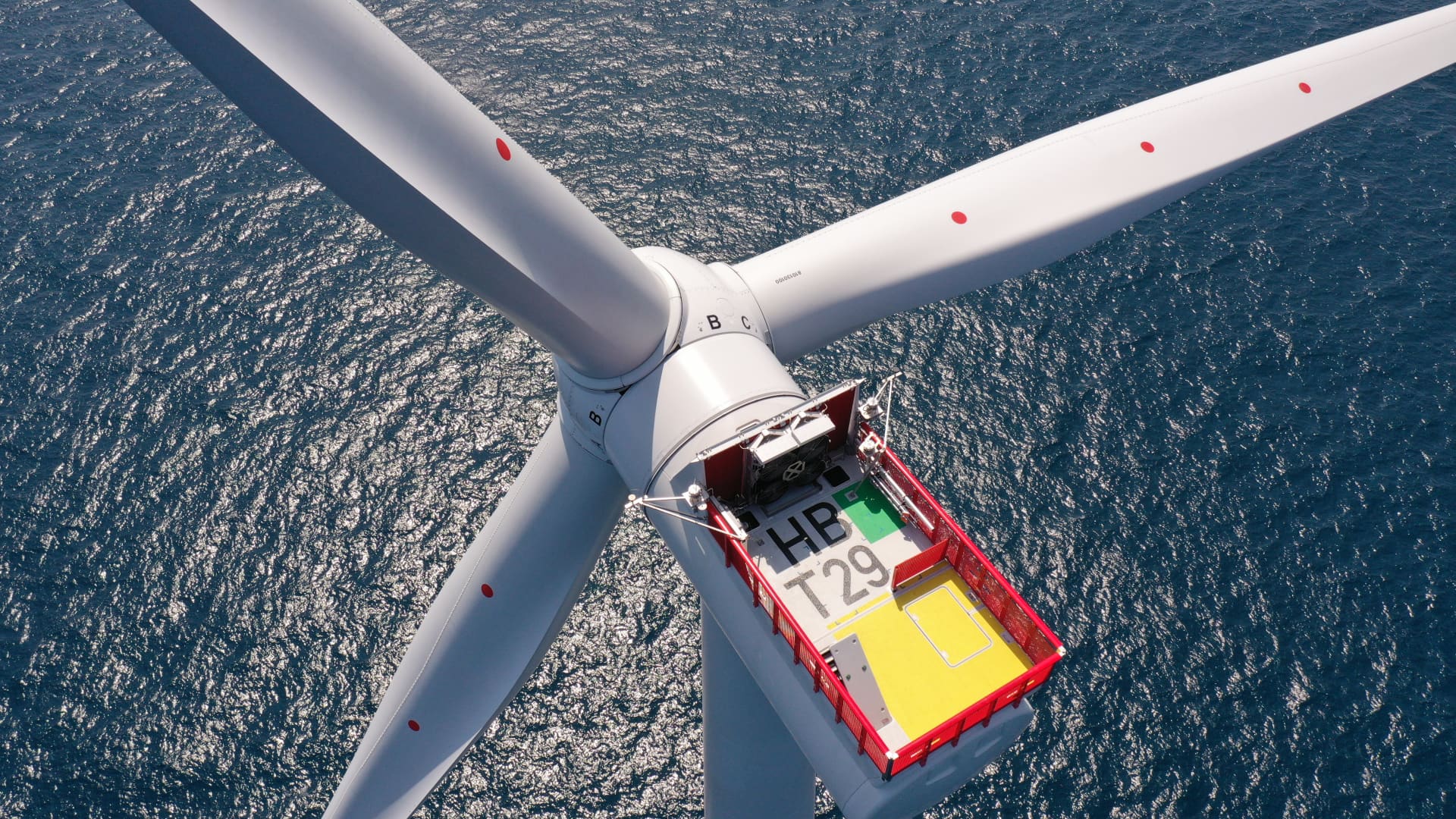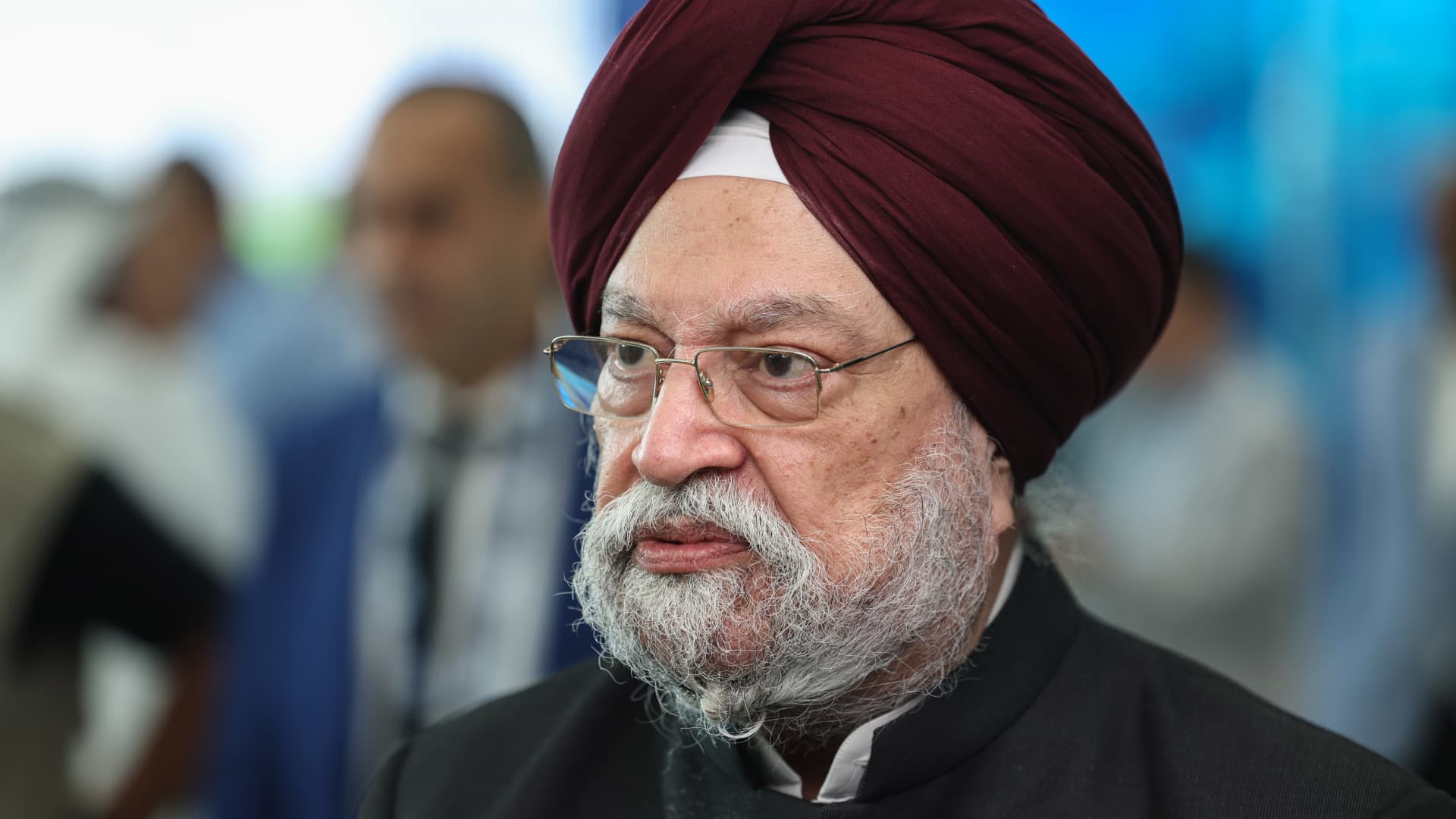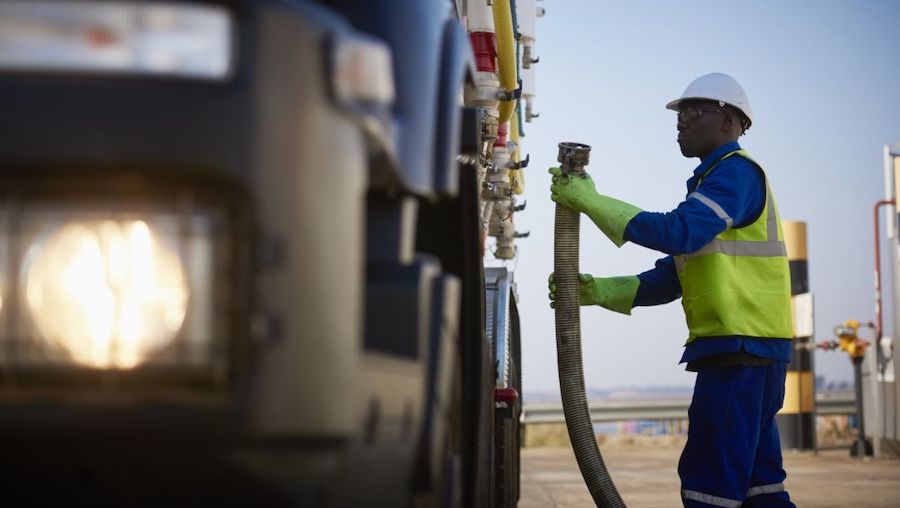The world’s biggest offshore wind farm is now fully operational


A facility described by Danish energy firm Orsted as the “world’s biggest offshore wind farm” is now fully operational, with its 165 turbines set to help power in excess of 1.4 million U.K. homes.
Situated roughly 89 kilometers (approximately 55 miles) off the coast of Yorkshire, England, the scale of Hornsea 2 is considerable.
According to Orsted, it has a capacity of more than 1.3 gigawatts and stretches across an area of 462 square kilometers — more than half the size of New York City. Hornsea 2, it added, uses Siemens Gamesa turbines with blades measuring 81 meters, or more than 265 feet.
“One revolution of the wind turbine blades can power an average UK home for 24 hours,” the company says.
It is the latest step forward for the Hornsea 2 project, which generated its first power in Dec. 2021.
The development comes as European countries attempt to wean themselves off Russian fossil fuels, including gas, following the Kremlin’s invasion of Ukraine in February.
“Current global events highlight more than ever the importance of landmark renewable energy projects like Hornsea 2, helping the UK increase the security and resilience of its energy supply and drive down costs for consumers by reducing dependence on expensive fossil fuels,” said Duncan Clark, head of the U.K. region at Orsted.
The U.K. is home to a mature offshore wind sector that looks set to expand in the coming years, with authorities aiming for up to 50 GW of capacity by 2030.
The European Union, which the U.K. left in January 2020, has previously laid out a 300 GW target for offshore wind by the middle of this century.
Across the Atlantic, the U.S. has a long way to go to catch up with Europe. America’s first offshore wind facility, the 30 megawatt Block Island Wind Farm, only started commercial operations in late 2016.
Change is coming, however, and in Nov. 2021 ground was broken on a project dubbed the United States’ “first commercial scale offshore wind farm.”
This post has been syndicated from a third-party source. View the original article here.



